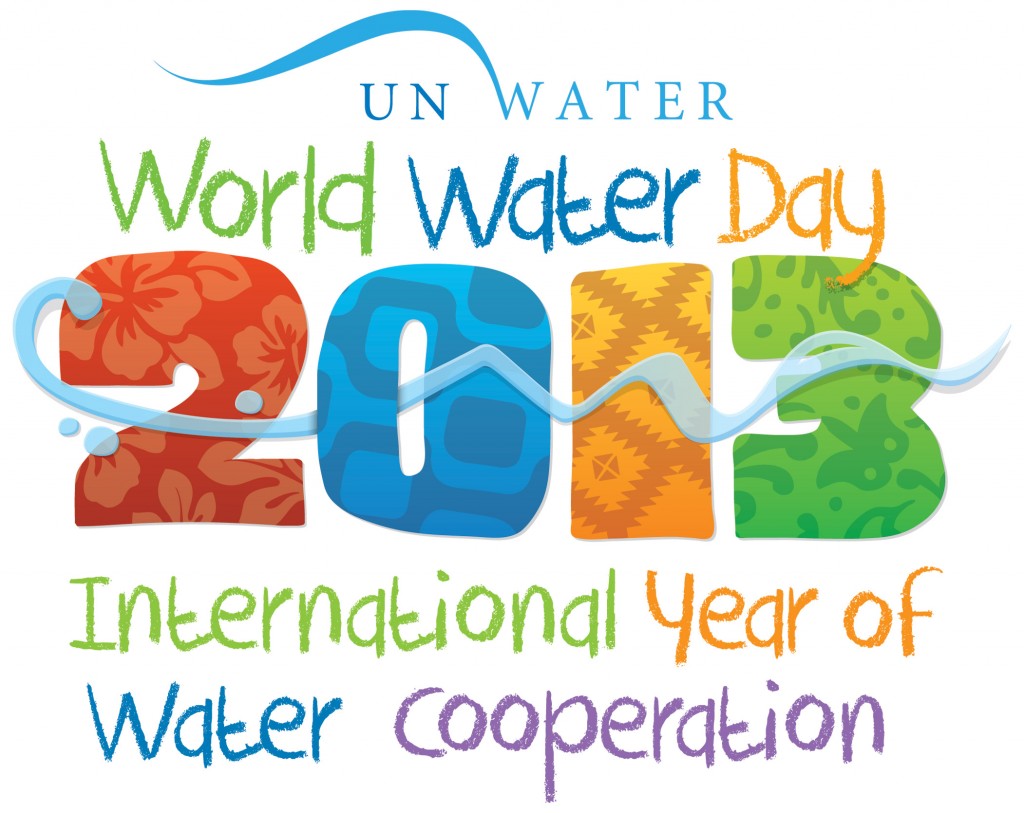 Tim Middleton is GfGD’s Advocacy Development Officer, working to ensure GfGD’s voice is heard in relevant discussions, and helping geoscience students to understand the important role of effective advocacy work.
Tim Middleton is GfGD’s Advocacy Development Officer, working to ensure GfGD’s voice is heard in relevant discussions, and helping geoscience students to understand the important role of effective advocacy work.
Today, the 22nd March, is World Water Day. This is a day when the general public are encouraged to show their support for water-related issues and when countries announce specific steps they are taking to manage their water resources. Since 1993 all United Nations member states have been observing this day and each year the day has concentrated on a specific theme.
Water is one of the most fundamental of human needs: for drinking, washing, cooking and sanitation. Yet it is estimated that 900 million people lack access to clean water. More people on the planet own mobile phones than have access to flushing toilets. But water is also difficult to manage: it is unevenly distributed and many groups may rely on the same water source for different needs. In the coming years, these competing interests will be further exacerbated by the effects of climate change and continuing urbanisation. That is why this year’s theme for World Water Day is water cooperation.
The message is simple: by working together we can make better use of the water resources available to us. International cooperation on water can help to promote peace whilst at a local level the involvement of different groups can help to ensure the success and sustainability of water projects. And this is where geologists come in. Geologist’s knowledge of groundwater is vital for both identifying potential sources of water and for the design of projects that will preserve water resources and protect the environment. For this reason, GfGD is keen to promote the role of geologists in this aspect of development and a number of recent articles on the GfGD blog have focussed on water and sanitation.
Whilst this year’s World Water Day reminds us that we need to be working together, it is clear that geologists are very much part of the team.

